We are redefining the concept of conservation to include human communities because that is the reality of a planet that’s home to 8 billion people. We’re fighting extinction with agriculture because habitat loss is what’s truly wiping out species, more than any other issue.
From the fuel-efficient stoves we build across the globe to the sustainable farms we run here in the US to every move we make benefits both imperiled wildlife and underserved communities. Because time and time again, we’ve seen that helping one can help the other; that healthy living begets healthy life on Earth; and that simple, carefully chosen changes can have colossal impacts.
At ECOLIFE, we believe that people and nature can prosper together, and that together, we can make it happen.
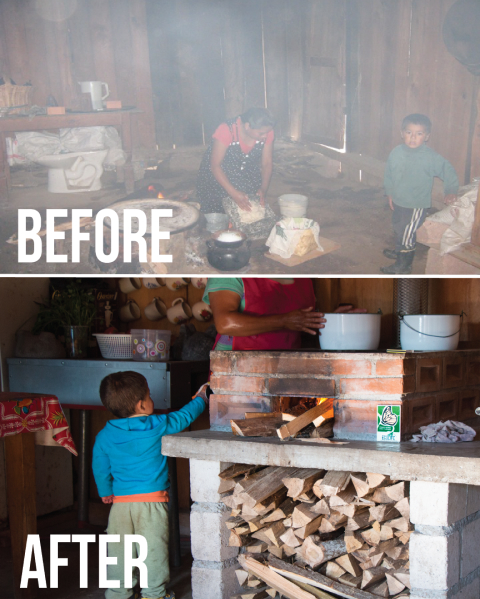
STOVE PROGRAM
In Mexico, all households surrounding the 216 square mile Monarch Butterfly Biosphere Reserve (a UNESCO World Heritage Site on the border of Michoacán and Mexico State) have the option of applying to receive a fuel-efficient stove from ECOLIFE. To date, more than 13,000 families have received stoves.
ECOLIFE is unique in that we view conservation as a science to ensure our own survival as well as that of our valuable resources. We don’t just involve members of a community in our work – we involve entire communities in our work. When stoves are brought to a community everyone has the opportunity to benefit from a stove in their own home. Those who do not want a stove benefit by a healthier environment around them.
SUSTAINABLE AGRICULTURE PROGRAM
At ECOLIFE Conservation, we are transforming food systems to prevent habitat loss, conserve natural resources, and increase quality of life around the world. ECOLIFE’s Sustainable Agriculture Program brings aquaponics to communities in need using a three-tiered approach: 1) education and inspiration via the ECO-Cycle, 2) learning, production and workshops via the Aquaponics Innovation Center (AIC), and 3) empowering communities and families to grow on their own, via community systems.
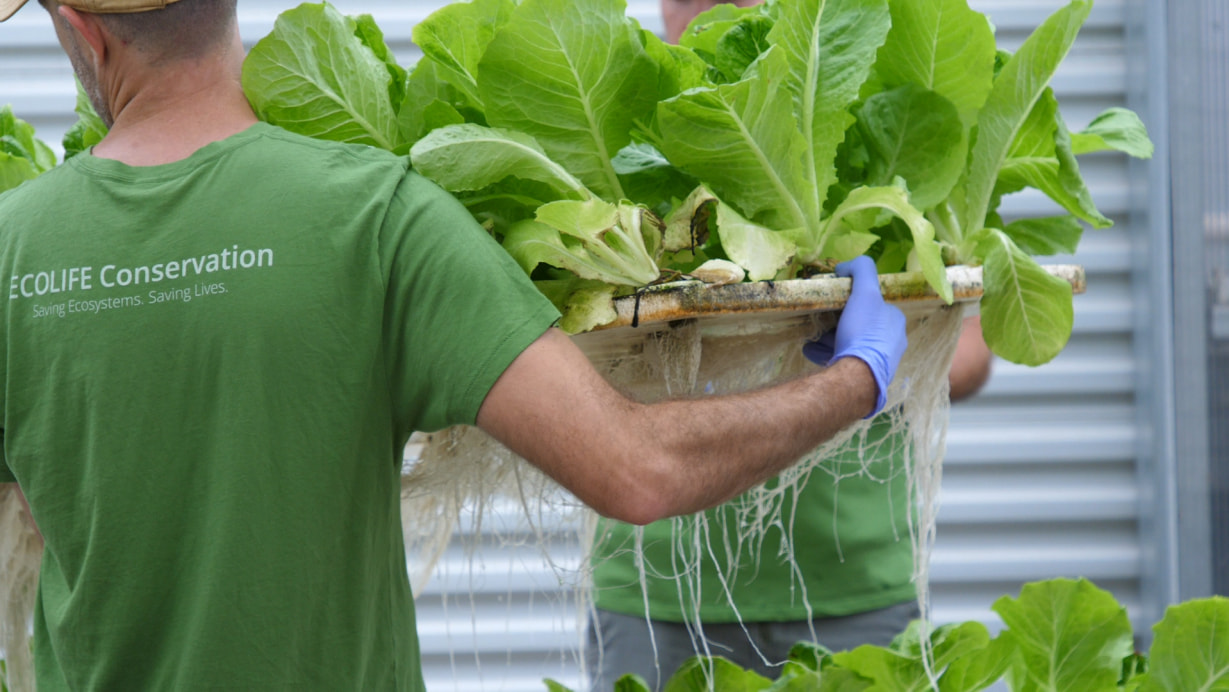
3 Pillars of Sustainable Agriculture Program
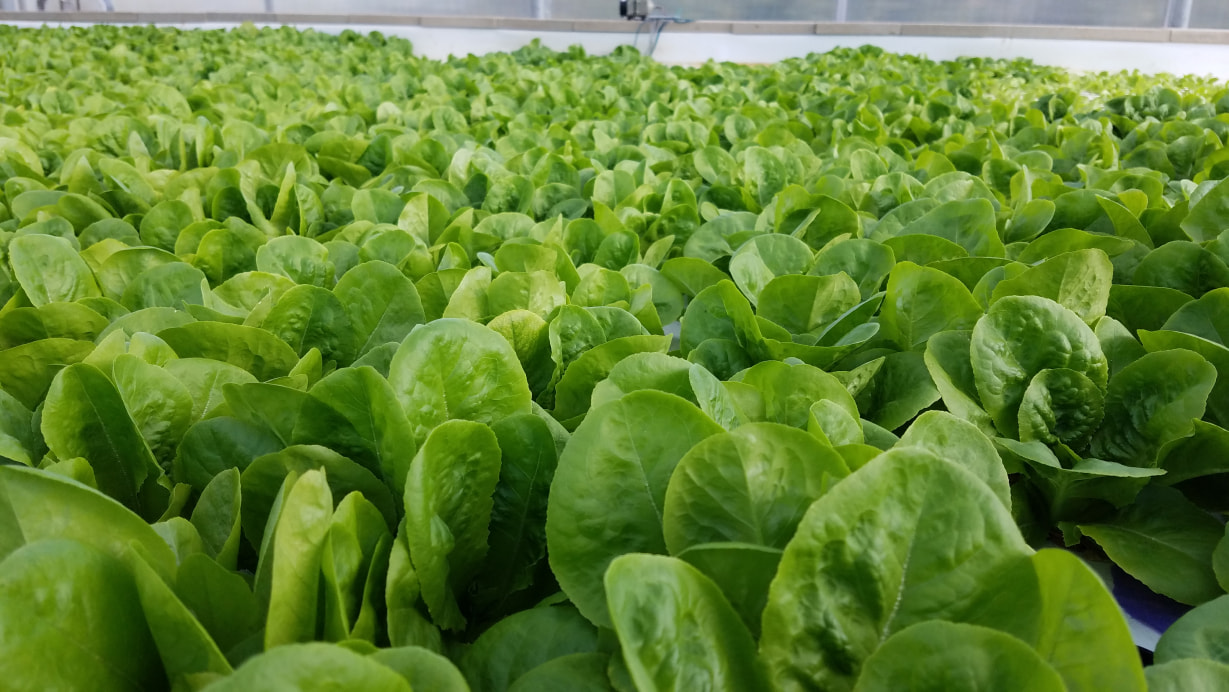
Environment
- Reduce the amount of land and water needed to grow food
- Grow organic food (reduced pollution)
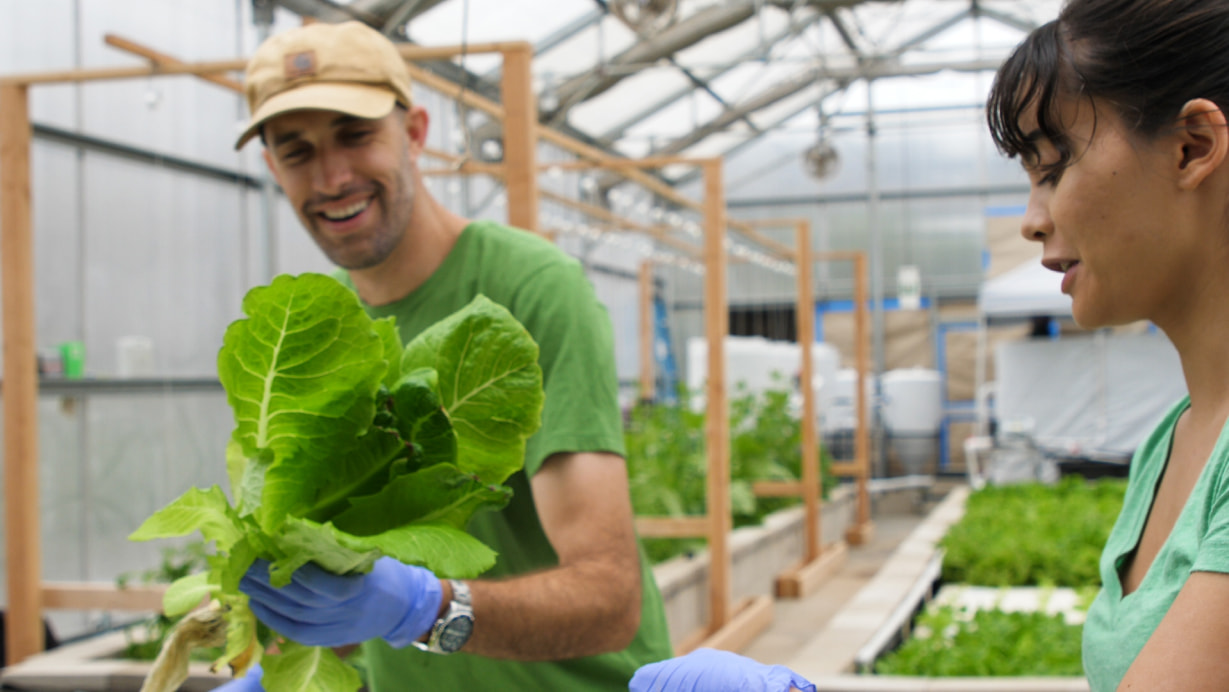
People
- Increase access to healthy food
- Increase efficiency/volume of current or planned food operations
- Increase financial opportunities
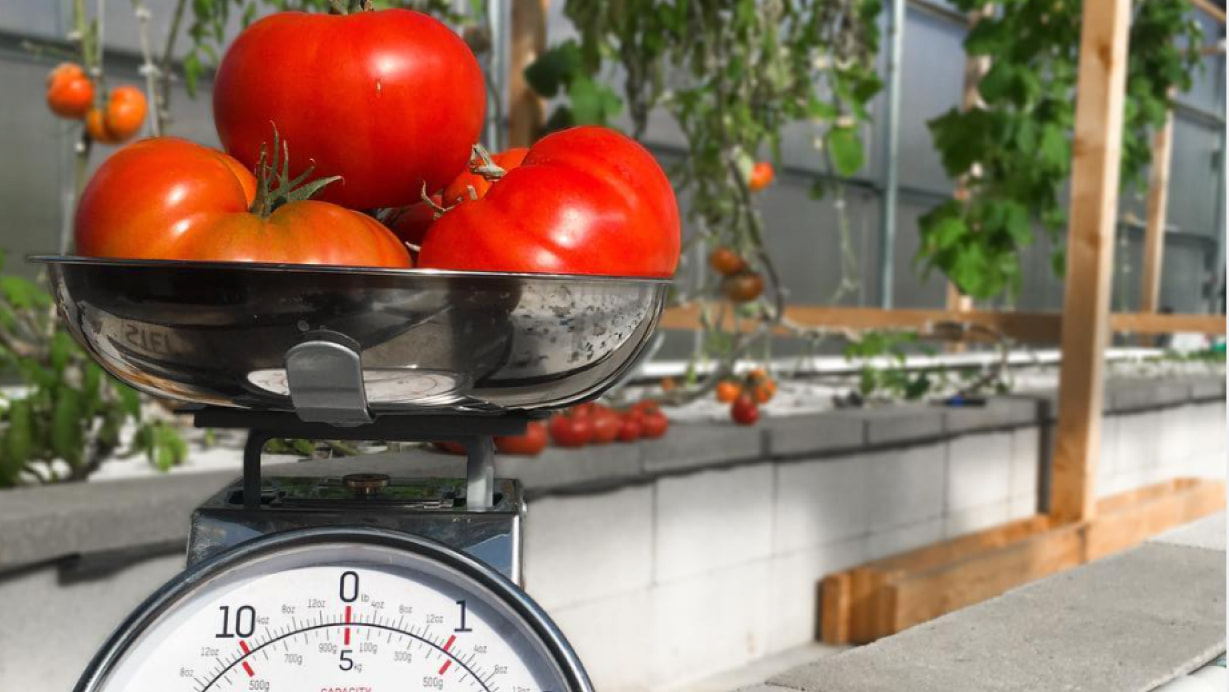
Measurable Impacts
- Project must provide one or more of the following scalable metrics
- Acres of land
- Acre-feet of water
- Pollution prevention
- Carbon emissions
- People served
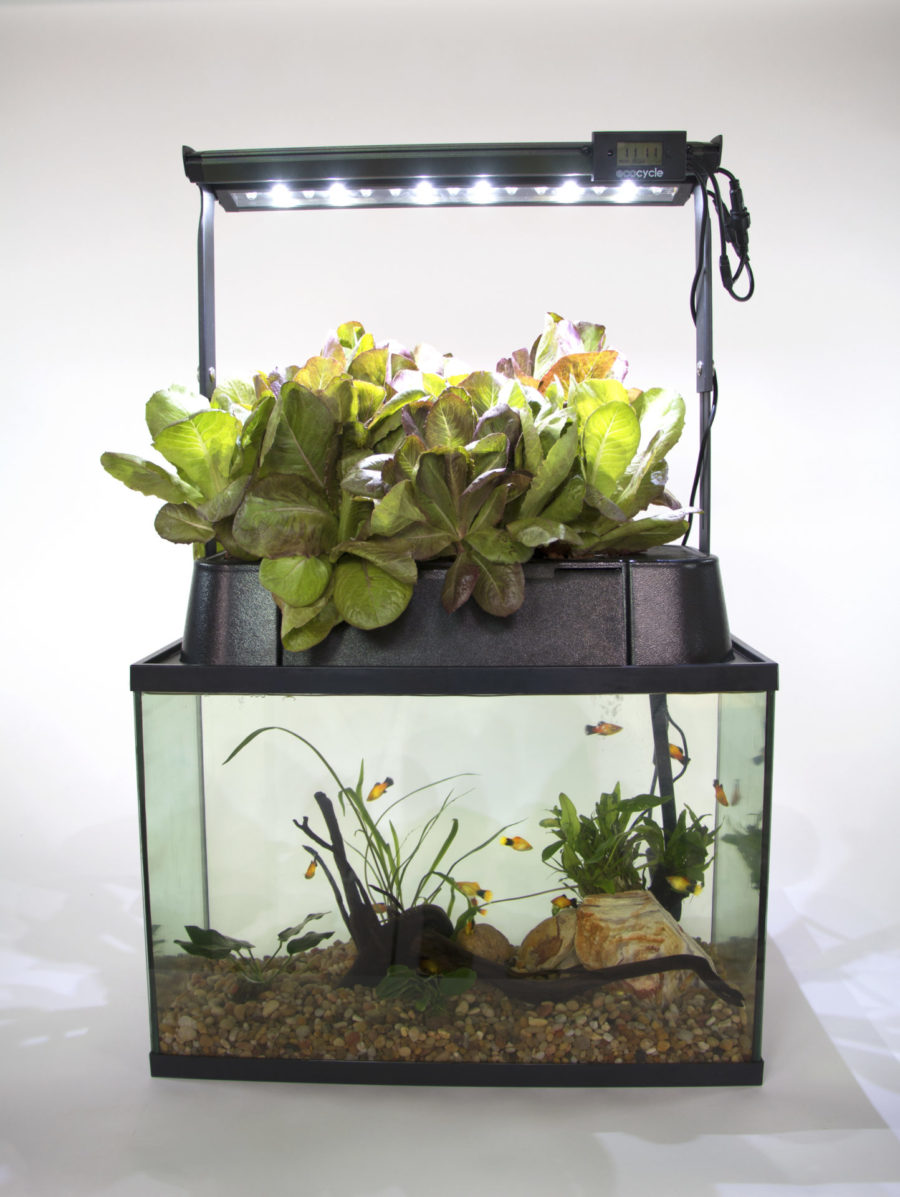
ECO-CYCLE Aquaponics
In and out of the classroom, ECOLIFE’s educational programming inspires young students, trains professionals, and teaches communities about the social and environmental benefits of aquaponics. With ECO-Cycle Aquaponics Kits in all 50 states and virtual tours of the Aquaponics Innovation Center held each month, ECOLIFE’s aquaponics education is globally accessible to all.